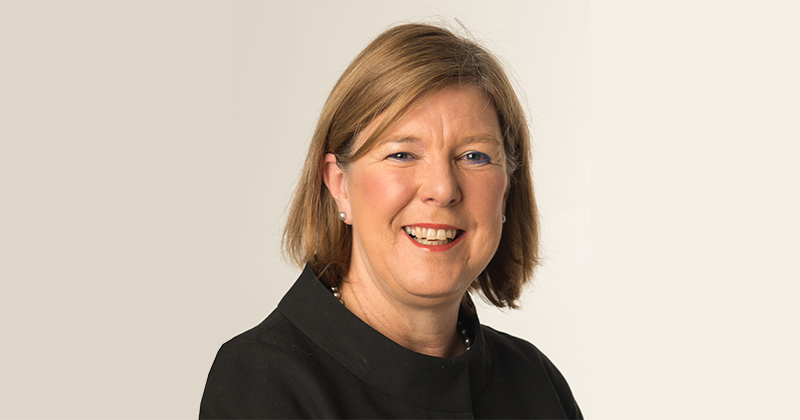A Dublin-based coding provider has been awarded Ofsted’s top grade in its first full inspection.
Code Institute Limited, a global company set up in 2015, scored ‘outstanding’ judgments across the board after the watchdog saw how learners “quickly develop” the skills that will “allow them to gain entry-level employment in the industry”.
The firm secured funding contracts with four combined authorities and a local enterprise company to teach skills bootcamps in England in 2023 – the year that Ofsted’s remit was expanded to inspect the short courses which can last up to 16 weeks and must involve a job interview for each student.
At the time of Ofsted’s visit in January, 245 learners were studying bootcamps including a high-performance full-stack software developer course, a data analytics with artificial intelligence (AI) non-accredited programme, and a level 3 certificate in software development.
Ofsted’s report, published today, said leaders have developed a curriculum offer that is “highly responsive to the skills needs of the coding industry”.
Managers have “fostered strong partnerships with a well-developed network of leading global employers in the digital industry” and these networks have enabled them to “design and continuously adapt curriculums to reflect current trends in the industry”.
Artificial intelligence (AI) modules have been added to the skills bootcamps “in response to a growing industry need, giving learners the skills they need to be successful”.
Jim Cassidy, CEO of Code Institute, said the feat was a “significant milestone” for his education provider.
“It validates our ongoing commitment to bridging the digital skills gap and providing an environment that truly supports and propels our learners towards success,” Cassidy added. “This achievement is a shared victory for our team, our learners, and our partners.”
Ofsted found learners who are “incredibly enthusiastic” about their training. They are “highly driven to extend their learning beyond the classroom, participating in research and independent learning activities to deepen their knowledge”.
Participants are said to be part of an “extensive, extended global network of alumni and other coders” who also “contribute positively to society through charitable projects, such as raising awareness of modern-day slavery”.
The watchdog also praised learners’ attendance at online sessions as “exceptional”, highlighting how facilitators use “highly effective strategies to guarantee that learners are participating fully and are committed to their studies”.
Ofsted said leaders have an accurate understanding of the strengths and weaknesses of their courses and take action where necessary.
For example, following a review of early withdrawals, leaders “strengthened the advice and guidance provided to learners at the start of their course, leading to a substantial decrease in learners leaving their courses early”.
Governors were praised for having “valuable experience, knowledge and skills” and for “carefully” monitoring quality improvement while providing “high-quality” challenge on the quality of education offered.
Learners also “engage frequently with the highly skilled careers team”, developing technical CVs and cover letters tailored to specific digital skills roles and improving their interview skills.
This “helps learners to advance their skills and the personal and professional qualities they need to succeed in technical interviews”.
Lorraine Hall, director of quality at Code Institute, said: “This recognition confirms what we already know – that our learners receive an outstanding education in an environment that nurtures and challenges them to be their very best.”


